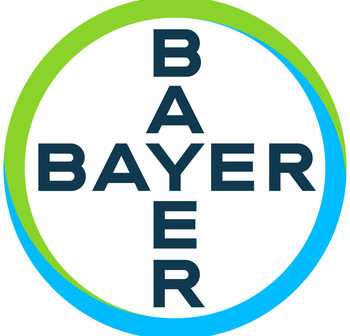Bayer has completed its purchase of Monsanto and is looking forward to the future integration of the two companies, Michael Muncey, Head of Business for Bayer in UK and Ireland, said at Cereals 2018.
After approval from the US Department of Justice and by authorities around the world, Bayer finally completed its acquisition of Monsanto on the 7 June 2018, he confirmed. With a combined pro-forma sales of nearly €20 billion after divestments, this catapults Bayer into the global number 1 solution provider to farmers and growers when it comes to the highest quality seeds, crop protection and digital farming tools.
Mr Muncey said: “Globally, the new company will have around 8000 employees just in research and development, with a global network of 35 R&D sites and more than 175 breeding sites. A combination of our scientists’ spirit of discovery, our expertise in technologies, and our profound understanding of plants, soil and entire ecosystems will be underpinned by an unrivalled investment of €2.4 billion per year, delivering more innovations to more farmers faster. Add this to our commitment to the need for sustainability and increased stakeholder engagement and you can see that this is a momentous time for Bayer.”
The integration of Monsanto into the company will commence as soon as all divestments have been completed this summer, but under the terms of the approval, the two businesses will continue to operate as two separate companies until all of the divestments have been made.
Once completed, there is a clear net gain to the company in the UK. “We will be bringing the Dekalb, vegetable seeds and RoundUp teams into the Bayer fold.”
The company also called for the UK Government to fast track its development of agricultural policy. Mr Muncey explained: “The European Union’s lack of commitment to productive agriculture is of great concern, and we believe that there is an opportunity for UK farmers and growers to not only survive Brexit, but, given early access to new products and new technologies, can start to flourish. But it is not a given: gold plating current EU rules will not generate the confidence and concomitant investment by farmers and the whole supply chain.”




